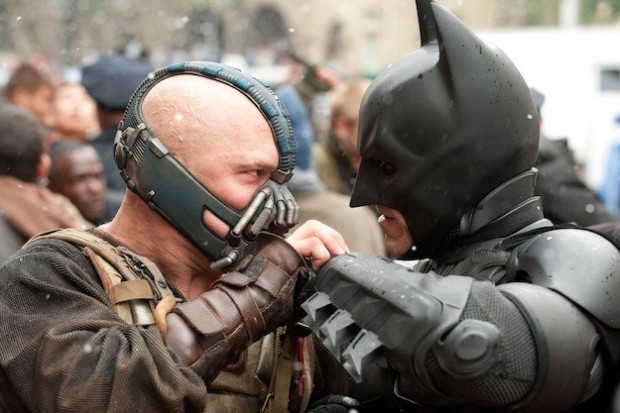Doctor Sleep review
by Luke Jones
Star Wars. The Terminator. Rocky. The children of the 80s have taken charge in Hollywood and we are in the middle of seeing pretty much every iconic 80s franchise either remade or sequelised. When the film works these sequels feel like genuine follow-ons, advancing the story of the original while enjoying the technological benefits of the 21st Century. When it doesn’t you end up with Ghostbusters, a hollow retread that fails to understand just what made the original tick.
Which brings us to the latest update of an 80s classic, in this case The Shining. Doctor Sleep is in the almost unique position of being a sequel to a film beloved by pretty much everyone… apart from the guy who wrote the original. Stephen King famously took issue with the changes made by writer / director Stanley Kubrick, even going so far as to push for his own, more faithful, TV version in 1997. This did not turn out well.
This means that 39 years after Kubrick turned bad carpeting into an art form we get Doctor Sleep, an adaptation of King’s 2013 novel which acts as sequel to both the original Shining novel and Kubrick’s film. That Sleep’s writer / director Mike Flanagan (a King veteran after his adaptation of Gerald’s Game) has managed to turn these disparate and often contradictory sources into a coherent film is a pleasant surprise; just don’t go in expecting the outright terror of Kubrick’s film.
If that sounds like I disliked Sleep then it shouldn’t. This is impressive film-making from Flanagan, a meditation on childhood trauma that mixes elements of fantasy and horror. After a brief prologue that sets the tone for Sleep’s relationship with its famous predecessor, the film flashes forward to a grown-up Danny Torrence (Ewan MacGregor). Torrence is washed out, his life in ruins after the events of the Shining and his ongoing struggles with his telepathic abilities. Meanwhile, Rose the Hat (Rebecca Ferguson) leads a group of kind-of vampires that are abducting talented individuals like Danny, using their abilities to extend their lives at the expense of their victims’.
While the setup feels like a Stephen King checklist (alcoholic lead, child abductions, the past coming back to haunt the living) Flanagan finds drama among the cliché. One early scene where Torrence earns the nickname of Doctor Sleep is highly affecting, while Ferguson is fantastic as what could have been yet another overtly verbose villain. Visually Flanagan conjures up some mesmeric images to represent the various supernatural abilities held by the leads, with a night-time bedroom raid a particular highlight.
For the first two acts Flanagan gets the mix of story and action just right, which is why it’s disappointing when the third act leans more heavily into Kubrick’s iconography. It doesn’t feel as sacrilegious as the use of the Overlook Hotel in Ready Player One (which always struck me as odd in a family film) but Sleep does lose some of its identity in so greedily devouring parts of Kubrick’s. Hints at a sequel also feel ham-fisted, especially when Torrence’s story is wrapped up so neatly in this instalment.
It also suffers from rarely being out and out scary. There are horrific scenes, but the movie avoids the kind of off-kilter weirdness that has kept Kubrick’s film in the imagination for so long. Go in expecting the Shining 2 and you’re likely to be disappointed, but give yourself over to this melancholic and visually-arresting film and you’ll enjoy one of 2019’s best.



Comments
Post a Comment